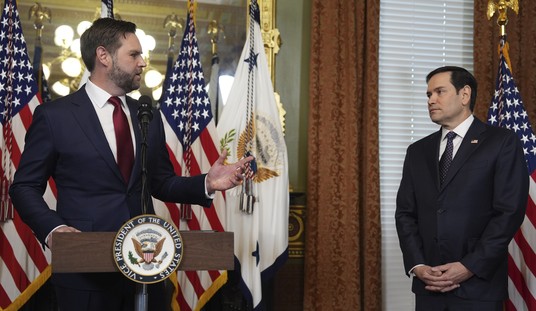While some of us may have missed it in the blizzard of US election news, Britain’s High Court handed down an unexpected ruling this week. In it, the court declared that the formal Brexit process could not begin without a vote in Parliament authorizing it. Given the unsettled nature of the members on what remains a sensitive subject, there’s no real assurance that such a vote would come out in accordance with the will of the voters as expressed in the referendum they held.
Needless to say, this development could entirely rip the scab off of a very fresh wound. The nation’s new Prime Minister, Theresa May, put out a brief editorial this weekend letting her people know that she found this ruling unsatisfactory and she does not intend to allow the Brexit process to be derailed… or as she put it, sabotaged. (Telegraph)
On Thursday, the High Court decided that the government could not begin the process of withdrawing from the European Union without the permission of MPs and members of the House of Lords. It is a decision the government will challenge in the Supreme Court.
This may appear to be a debate about process, and the legal argument is complex, but in reality there is an important principle at stake. Parliament voted to put the decision about our membership of the EU in the hands of the British people. The people made their choice, and did so decisively. It is the responsibility of the government to get on with the job and to carry out their instruction in full. MPs and peers who regret the referendum result need to accept what the people decided.
Not being any sort of expert on British law I really can’t speak to the process question May references here, but the court’s decision is indeed a curious one. Their Supreme Court will hear the appeal to the High Court’s decision, but I’m guessing that they’re in relatively uncharted waters here in terms of a break with the EU. The current court decision would indicate that only Parliament could formally make Brexit a reality, but as the Prime Minister notes, it was the decision of Parliament to put the matter to a public vote and presumably abide by the outcome. In a very real sense Parliament has already decided.
While again offering apologies for my ignorance of how things work on that side of the pond, I’m left wondering how exactly this will work if Parliament either fails to vote or the vote to begin the Brexit process fails. Having already ruled once that the people would decide the matter by referendum, can they then simply turn around and essentially cancel the results? If a similar thing happened here we’d be talking about a constitutional crisis and a likely revolt among the citizens who could rightly see it as their express will being thwarted.
I suppose this entire mess can be avoided if their Supreme Court reverses the ruling which is likely the most desirable outcome. But failing that, Theresa May will find herself in a difficult position. She’s only in her current position because of the Brexit vote and she doesn’t have any sort of dictatorial powers which would allow her to override the legislature. Would we be looking at yet another Prime Minister moving in at 10 Downing Street in such a short period of time? To avoid that, May will need to herd a decidedly unruly legislative body through a very contentious process.









Join the conversation as a VIP Member